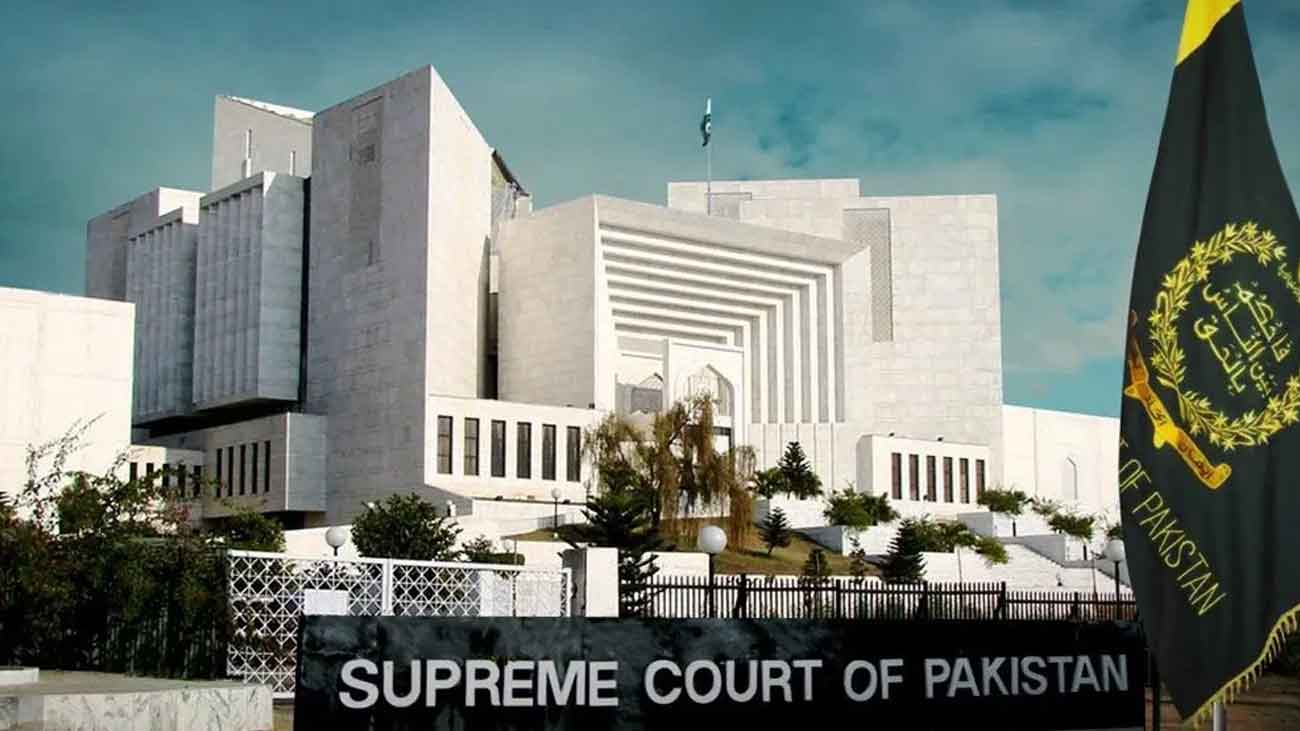
During last hearing on Monday, a seven-member apex court bench had ordered the AGP to address the complaints of the families of the May 9 accused if they are not being allowed to meet their incarcerated loved ones. The bench had passed the order during the hearing on the intra-court petitions filed against civilians’ trials in military courts.
The larger bench, headed by Justice Amin-ud-Din Khan, convened to hear the appeals.
Also read: SC orders AGP to ensure meetings of prisoners with families
Lawyer Latif Khosa informed the court about a case where a detainee was not allowed to meet his family, resulting in him missing the funeral of his five-year-old child.
Justice Irfan Saadat made it clear to the Attorney General that the inhumane treatment of detainees is unacceptable.
Also read: Imran Khan, Shah Mahmood Qureshi, others acquitted in ECP protest case
Meanwhile, Justice Muhammad Ali Mazhar questioned the discontinuation of the weekly family visits for detainees, saying, "You previously stated that detainees could meet their families every week. Why has this practice stopped?"
On which, the AGP assured the court that family meetings with detainees would resume immediately, allowing one day per week for such interactions.
Justice Muhammad Ali also advised the Attorney General that any errors in the original judgment must be identified, remarking that the appellate court focuses on correcting mistakes in the initial decision.
Justice Jamal Mandokhail issued a directive ensuring that detainees are not subjected to inhumane treatment and further questioned why detainees were not transferred to jail if their physical remand had ended.
However, the AG informed the court that judicial remand is not applicable in military courts.




